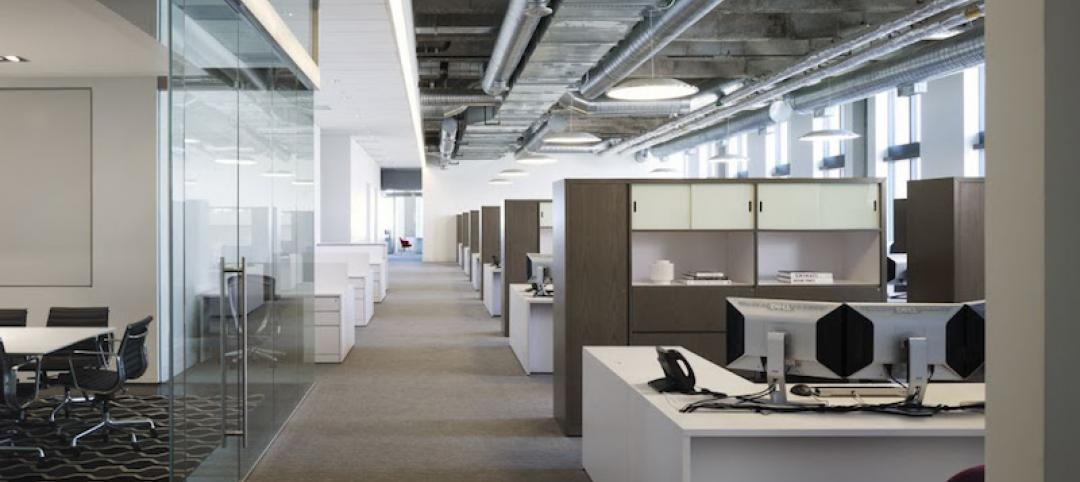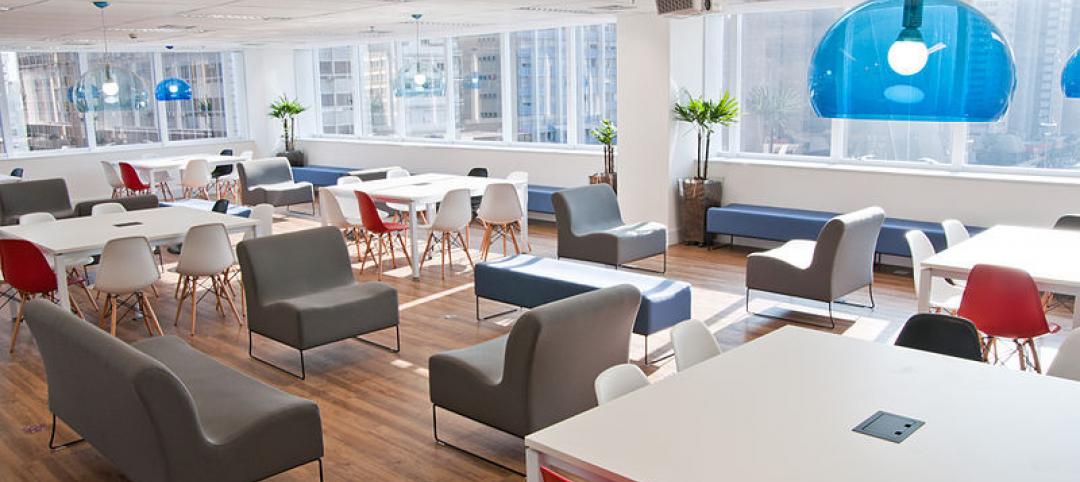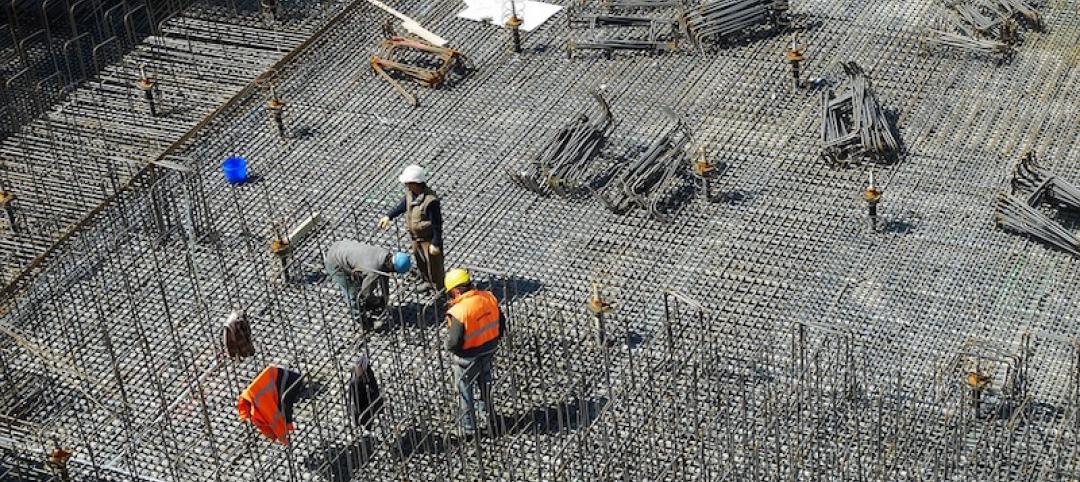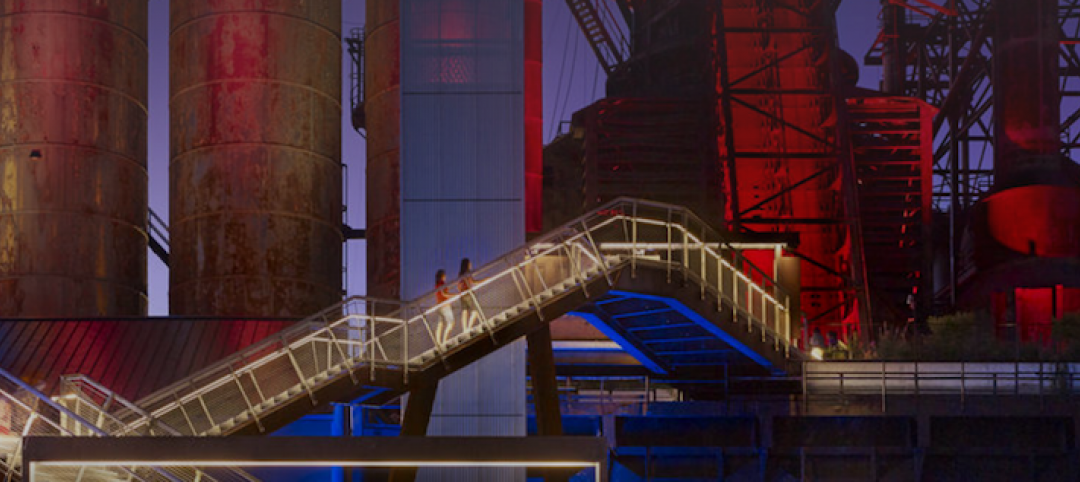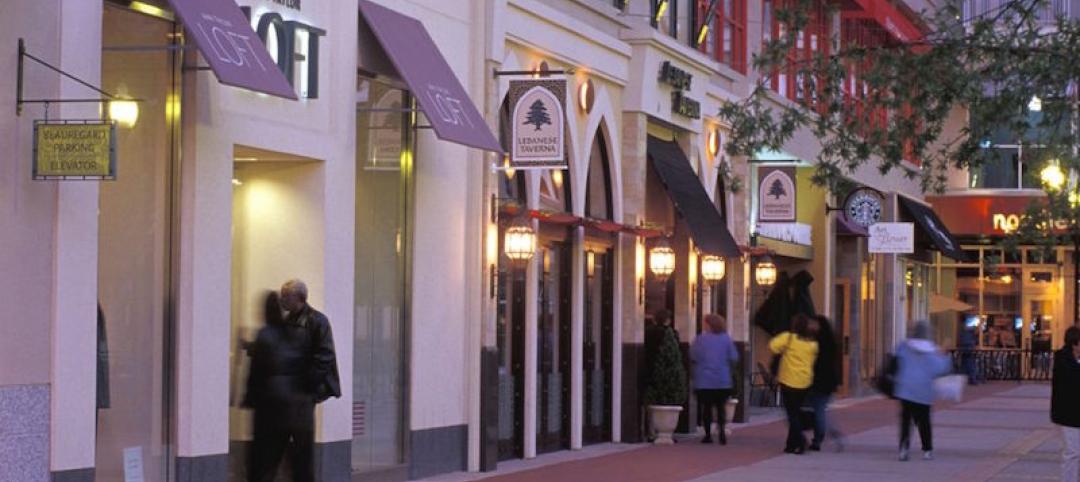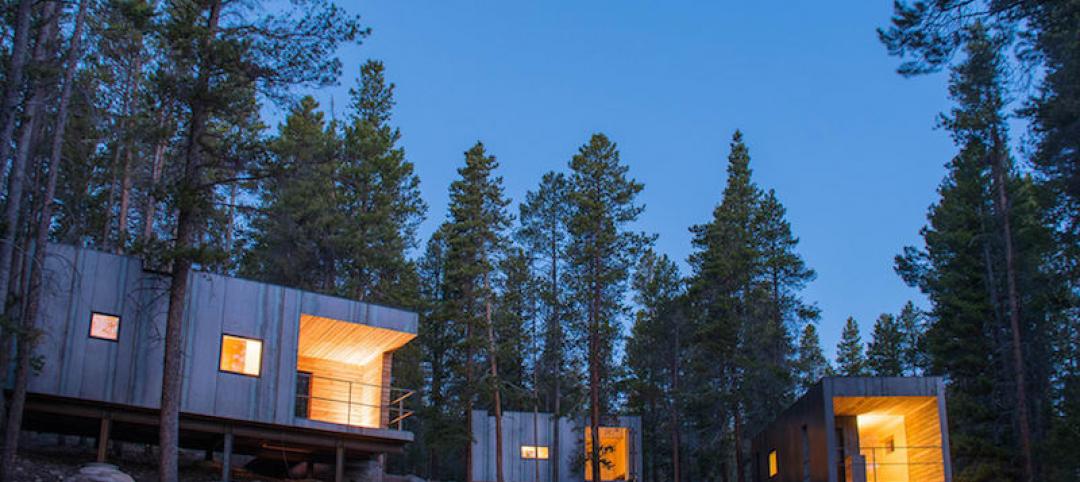Following months of political debate over the nation’s infrastructure spending needs, with multiple bills in play, the Senate took a major step forward in August, passing the $1 trillion bipartisan Infrastructure Investment and Jobs Act.
The bill—which faces scrutiny by House members before it is sent to President Biden for signing—includes $550 billion in new spending over five years for a range of initiatives related to bridges, roads, railways, even broadband Internet. Allocations include $110 billion for roads, bridges, and major projects; $66 billion for passenger and freight rail projects; $65 billion to expand high-speed Internet access; $25 billion for airports; $17 billion for port infrastructure; and $7.5 billion each for electric vehicles and zero- and low-emission buses and ferries.
When it comes to buildings-related investments, the bill is noticeably light on earmarks for initiatives in the commercial, institutional, and multifamily building sectors. It would set aside $500 million for energy upgrades in schools, but that’s about it.
“There is much more that Congress can do to improve our nation’s building stock,” wrote former House Rep. (D−Mo.) Russell Carnahan in a recent editorial in the SmartCitiesDive newsletter. Carnahan, Co-founder of BuildingAction, a non-profit group that advocates for policies and investments aimed at improving the nation’s buildings, opined that infrastructure upgrades and building investments should go hand in hand. Buildings, he wrote, “serve the national interest” and “impact our quality of life in many of the same ways as other infrastructure” does. And investment in building upgrades and new construction projects—especially energy-efficient buildings—tends to outperform investment in other sectors when it comes to creating jobs, according to BuildingAction analysis.
In late May, a collective of 21 AEC industry organizations, including ABC, ACEC, AIA, ASHRAE, BOMA, and USGBC, co-signed a letter to Congress pushing for funding in the infrastructure bill aimed at enhancing the resilience of the nation’s buildings. Citing nearly 4,000 deaths and some $550 billion in damage from weather- and climate-related events between 2014 and 2019, the group claims that “with new investments to support forward-thinking planning, design, and construction, the building industry can be a leader in saving lives and reducing costs.”
Regardless, unless the Senate’s infrastructure bill sees a major shake-up in the House, or a second heftier spending bill makes its way through Congress, the AEC industry will have to wait for the next major infrastructure spending initiative to state its "buildings as infrastructure" case.
Related Stories
Building Team | Nov 14, 2017
12 differences between average and high-growth firms
We’ve developed a pretty good understanding of what high-growth firms do differently from their average-growth peers.
Sponsored | Building Team | Nov 3, 2017
4 strategies for marketing your AEC firm
Having a clearly defined competitive brand and a fine-tuned marketing approach can give your firm a significant competitive advantage.
Sponsored | Building Team | Sep 21, 2017
The 11 project performance metrics that keep you on track
Projects are the backbone of the way you do business. Isn’t it time that you step up their analysis?
Architects | Aug 16, 2017
Staffelbach joins DLR Group
The firm will be merging operations immediately with full integration and the name change to DLR Group| Staffelbach effective October 2.
Multifamily Housing | Aug 14, 2017
Co-living: The next real estate disruptor or niche market?
From a practicality standpoint, co-living makes complete sense for young, single, and highly mobile working professionals.
Building Team | Jul 25, 2017
Managing workplace change: The three C's to building trust
Building trust takes time and consistency, and is typically much easier to break than build.
Giants 400 | Jul 12, 2017
Innovation abounds, but will it lead to growth for AEC Giants?
Engineering firms such as Arup, Glumac, and Thornton Tomasetti are leveraging their in-house expertise to develop products and tools for their design teams, clients, and even the competition.
Building Team | Jun 27, 2017
Bruner Foundation announces 2017 Rudy Bruner Award for Urban Excellence gold and silver medalists
The SteelStacks Arts and Cultural Campus in Bethlehem, Pa., receives the gold medal and $50,000.
Urban Planning | Jun 26, 2017
Convenience and community lead the suburban shift
As the demand for well-connected urban locales increases, so too has the cost of property and monthly rent; and as suburbs typically offer a bargain on both, more people are looking for a compromise.
Building Team | Jun 23, 2017
These are the recipients of the AIA's 2017 Small Project Awards
11 projects were awarded in 2017.






